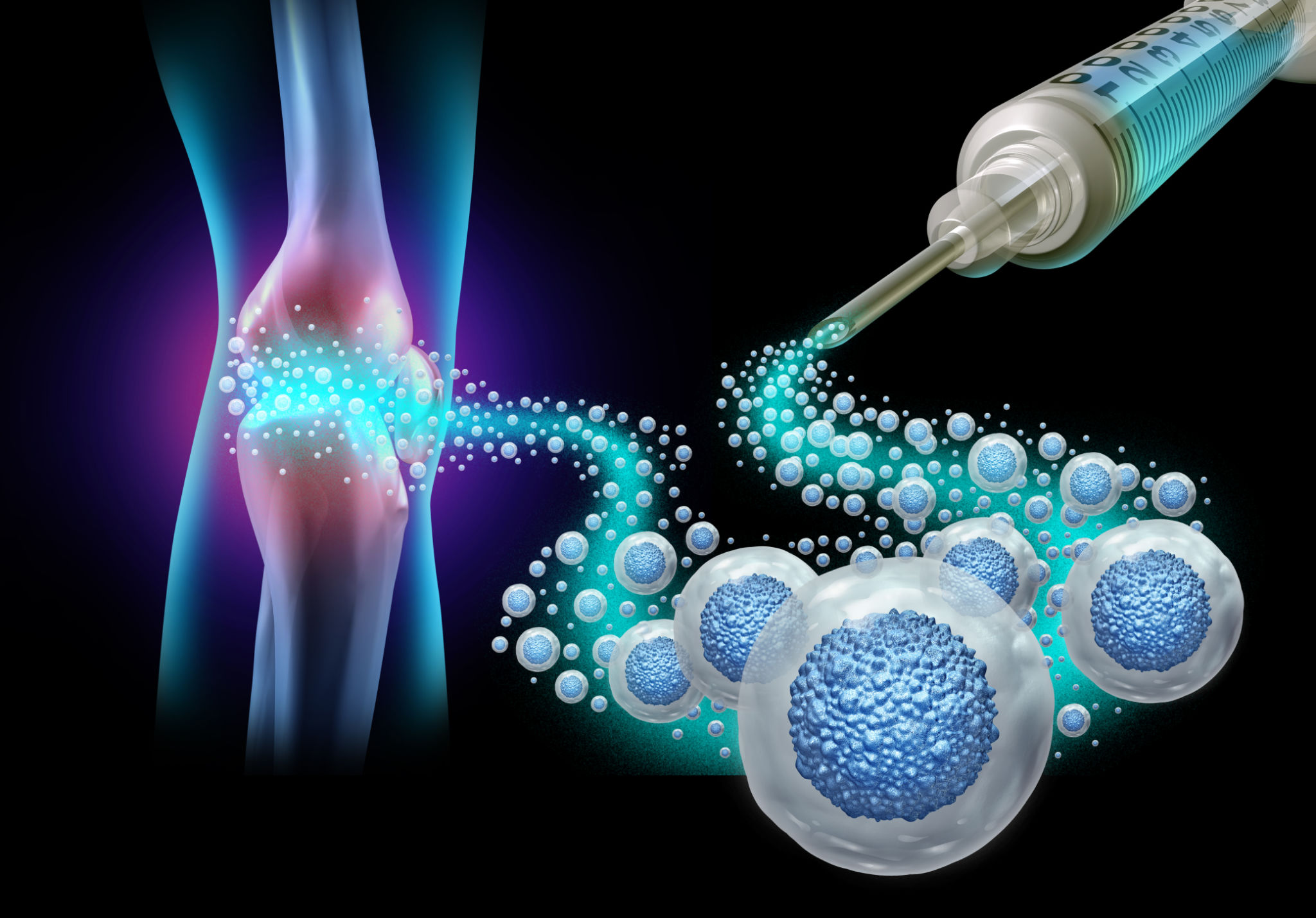Latest Trends in Stem Cell Research and Applications
Understanding the Basics of Stem Cells
Stem cells are unique cells with the remarkable ability to develop into various cell types in the body, making them a focal point in medical research. These cells serve as a repair system, as they can divide and replenish other cells throughout a person's life. The potential of stem cells to treat a range of diseases is vast, driving continuous advancements in research and applications.

Recent Breakthroughs in Stem Cell Research
In recent years, significant progress has been made in stem cell research, leading to groundbreaking discoveries. One notable advancement is the development of induced pluripotent stem cells (iPSCs), which are engineered from adult cells to revert to an embryonic-like state. This has opened new avenues for creating patient-specific cells for treatment and research.
Additionally, researchers have been exploring the use of stem cells to treat conditions such as Parkinson's disease, diabetes, and spinal cord injuries. Clinical trials are ongoing, and initial results show promise in reducing symptoms and improving quality of life for patients.
Applications of Stem Cells in Medicine
The applications of stem cells in medicine are diverse and expanding. One of the most promising areas is regenerative medicine, where stem cells are used to repair or replace damaged tissues and organs. This approach has the potential to revolutionize treatments for heart disease, liver damage, and more.

Stem Cells in Drug Development
Stem cells are also playing a crucial role in drug development. By using stem cells to create tissue models, researchers can test the efficacy and safety of new drugs in a more accurate and efficient manner. This not only accelerates the drug discovery process but also reduces the reliance on animal testing.
An emerging trend is the use of organoids, which are miniaturized and simplified versions of organs grown from stem cells. These organoids provide a more precise way to study human organ development and disease progression.
Ethical Considerations in Stem Cell Research
The rapid advancements in stem cell research bring with them important ethical considerations. Debates continue around the use of embryonic stem cells and the implications of genetic modifications. It is crucial for researchers, policymakers, and the public to engage in dialogue to navigate these ethical challenges responsibly.

The Future of Stem Cell Research
The future of stem cell research is promising, with many experts anticipating significant breakthroughs in the coming years. As technology advances, the ability to manipulate and utilize stem cells will likely expand, leading to new treatments and therapies that were once thought impossible.
To stay at the forefront of these developments, collaboration across scientific disciplines and international borders is essential. By fostering innovation and addressing ethical concerns, stem cell research can continue to make strides toward improving human health.
- Increased funding for research initiatives.
- Enhanced collaboration between scientists and clinicians.
- Ongoing public education and engagement.